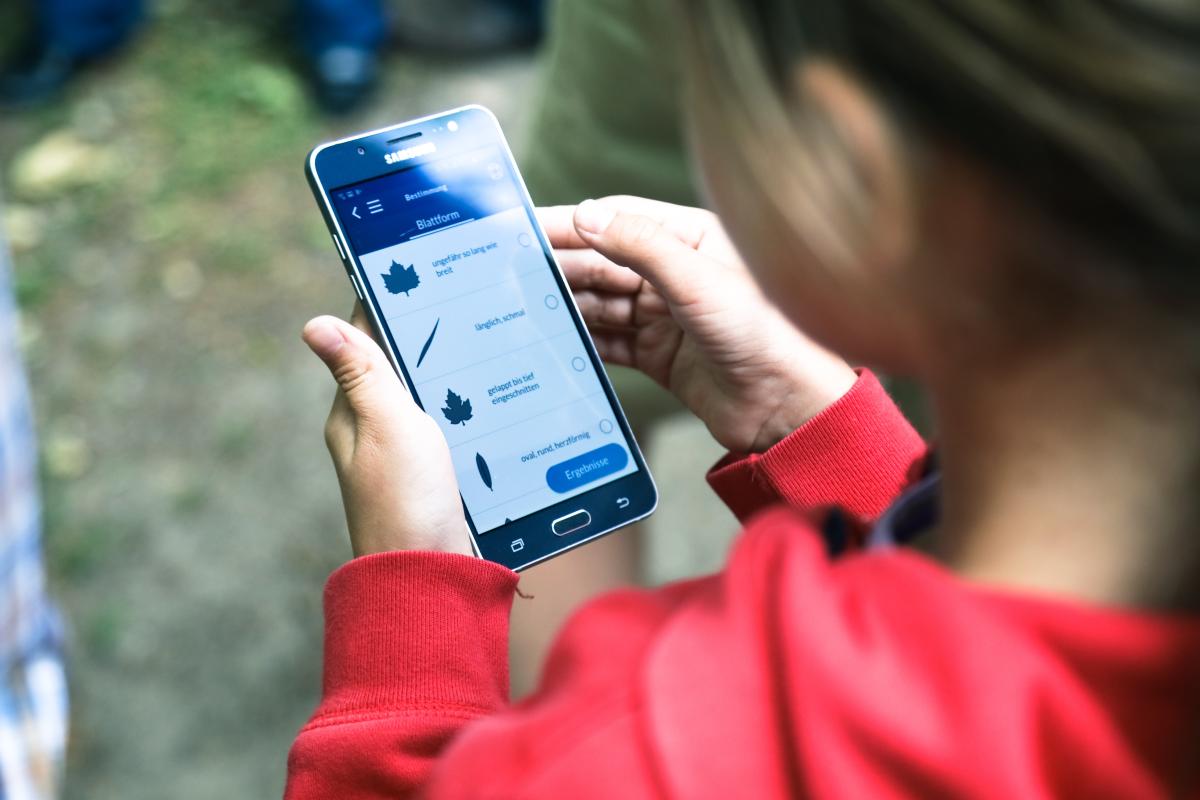Listening to each other better and valuing each other more in order to be strong together - this is how cooperation between voluntary and academic research can be optimised within the framework of national biodiversity monitoring. A study published open access this week in Nature and Landscape Planning open led by the Museum für Naturkunde Berlin presents central fields of action, specific, practice-relevant measures and political framework conditions to be created, such as the long-term nature of joint research and the establishment of an overarching coordination with clear structures of cooperation.
In order to understand which causes, influencing factors and mechanisms contribute to the loss of biodiversity, the recording of biodiversity on the one hand and the analysis of the interactions between humans and the environment on the other are key. The information and insights gained in this way are also elementary for the development, implementation and monitoring of nature conservation and communication strategies, as well as for research programmes that serve to protect biodiversity.
Voluntary engagement, also called "citizen research" or "citizen science" in this context, makes an important contribution to this. "And it has been extremely successful: for decades now, volunteer data collection and its evaluation and analysis have been used for official reporting and general biodiversity and nature conservation research," points out study leader Nike Sommerwerk from the Museum für Naturkunde Berlin.
But there are problem areas when voluntary and academic researchers work together. For example, it is not always possible to communicate on an equal footing and in an appreciative manner. The term "national biodiversity monitoring" is also understood and interpreted differently. Volunteering is undergoing a structural change: young volunteers are declining in many areas and are subject to greater fluctuations. "Jonas Geschke, one of the study's co-authors from the Institute of Plant Sciences at the University of Bern, reports: "It is therefore important to point out that solid knowledge of species is an added value for the labour market and that graduates with such knowledge have good opportunities.
The study presents a number of citizen science projects from the field of national biodiversity monitoring and shows their success factors, such as facilitating the entry of committed people into projects, continuous companionship and coordination of participants, and transparent data processing. "We also name very specific offers from academic research. These include for example easier access to resources, training and data infrastructures, as well as necessary innovations in joint research data management. These are all key factors for more efficient cooperation between voluntary and academic research," reports Ms Sommerwerk. Co-author Rainer Schliep from VDI/VDE-Innovation + Technik GmbH also points out the aspect of necessary political frameworks, such as the need to "anchor knowledge of species and biotopes much more strongly as an educational topic at schools and in associations and educational institutions. Because this knowledge serves as a basis and elementary prerequisite for responsible action and interest in biodiversity conservation."
The Museum für Naturkunde Berlin is strongly committed to these above-mentioned concerns, especially through its citizen science activities, but also more broadly through its activities around topics such as improving social participation in science.
The study is rounded off by text boxes, visual material, a comprehensive appendix, compact conclusions and an essence for practice: Here, specific measures and options for action are listed succinctly that help to improve cooperation between voluntary and academic research and to make national biodiversity monitoring a success.
